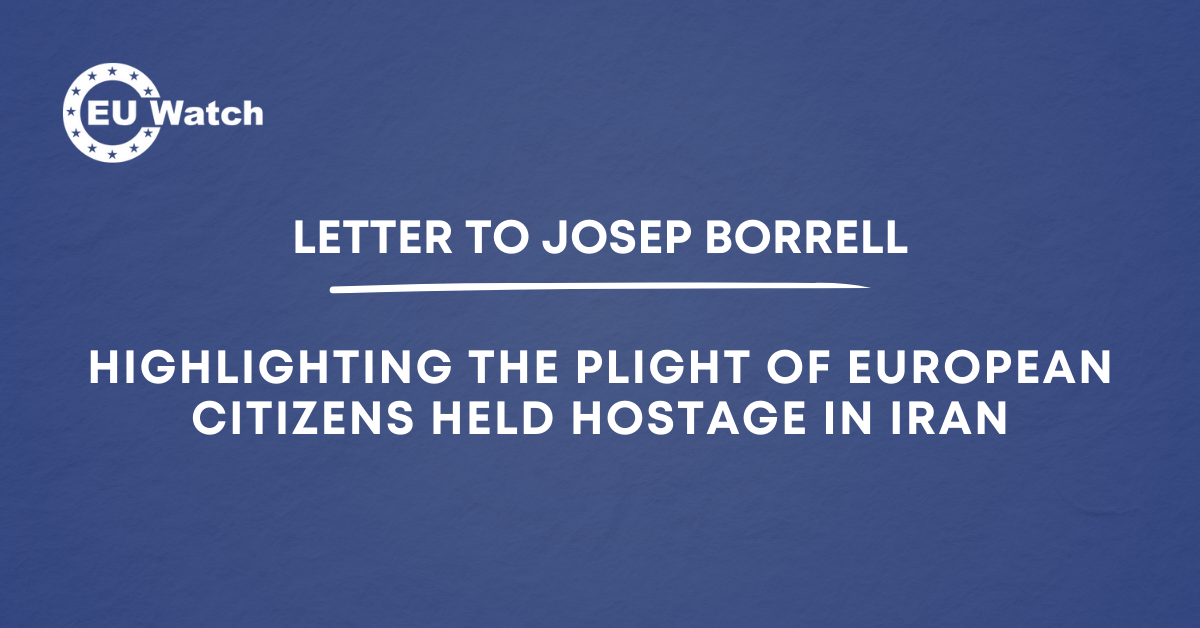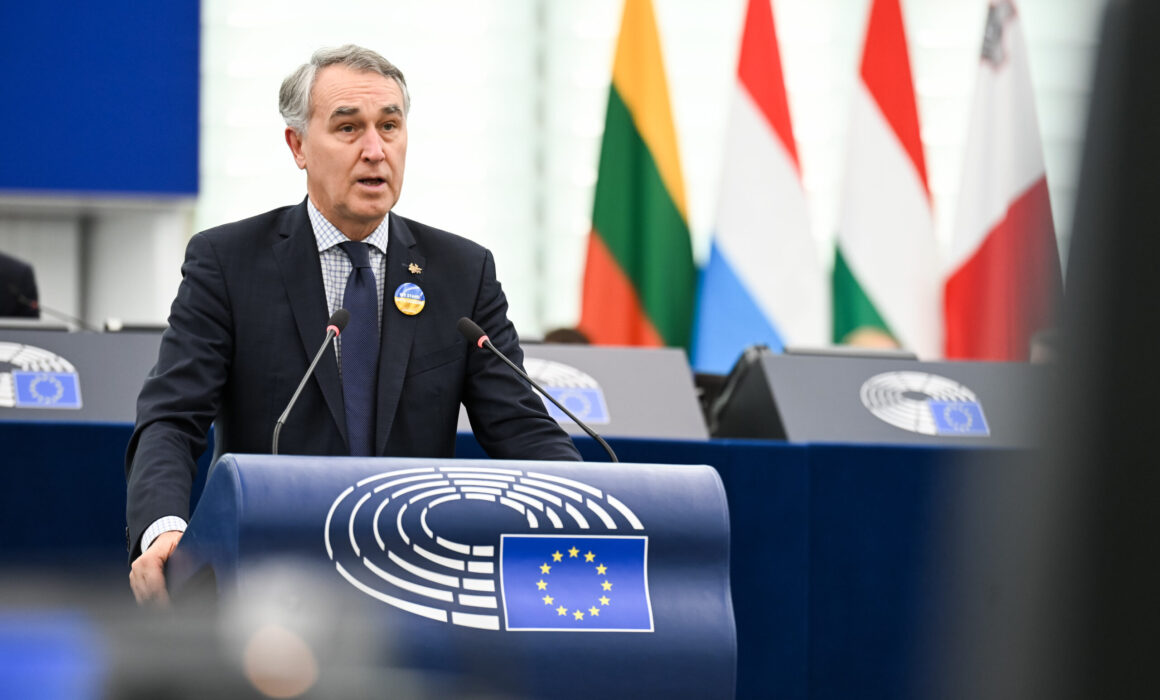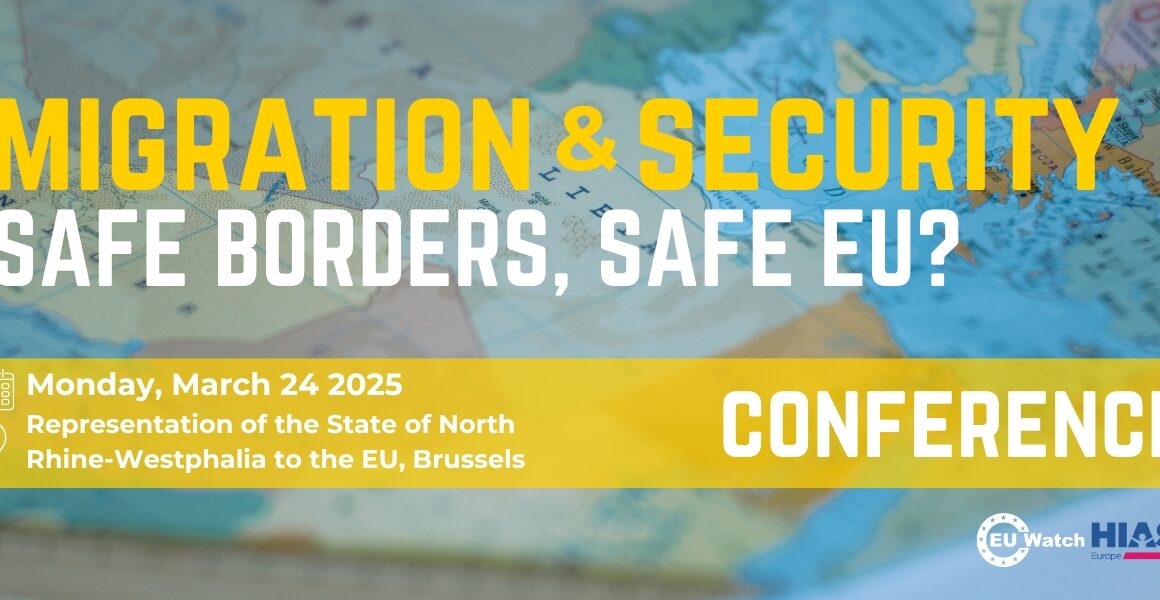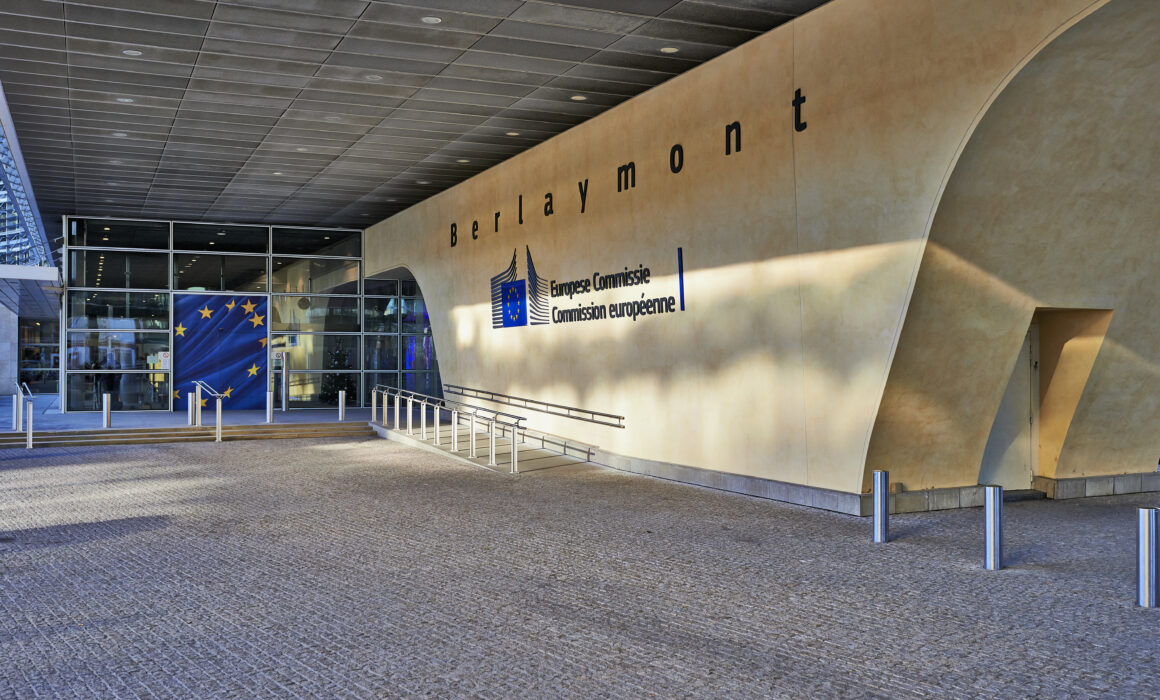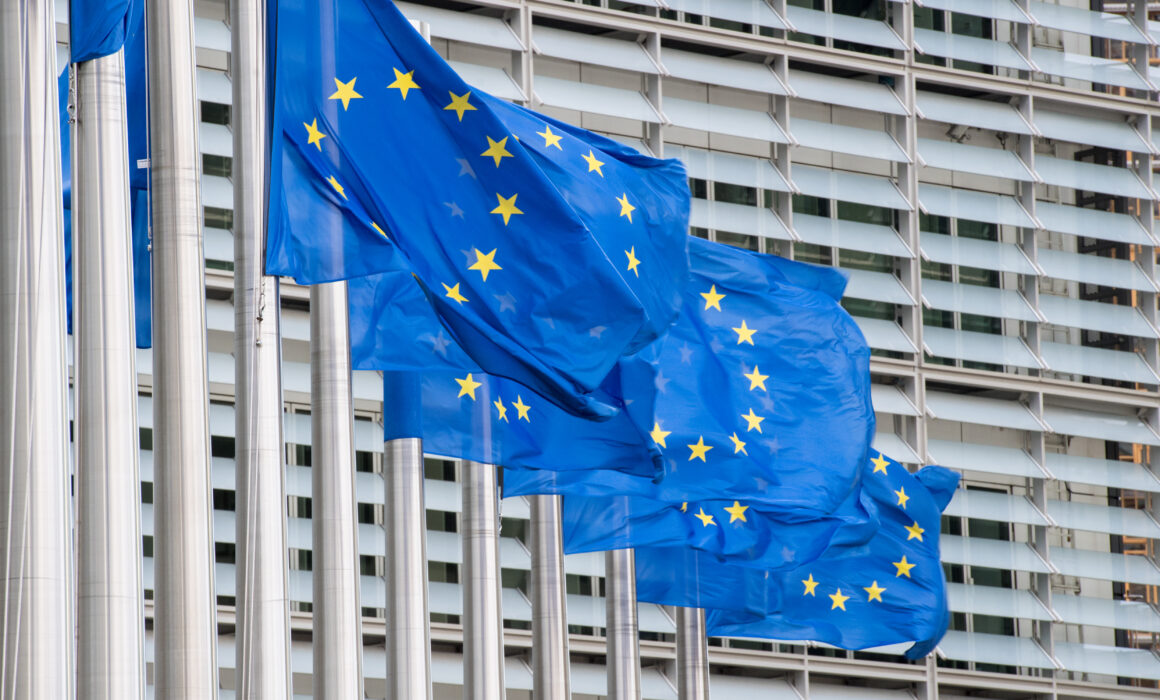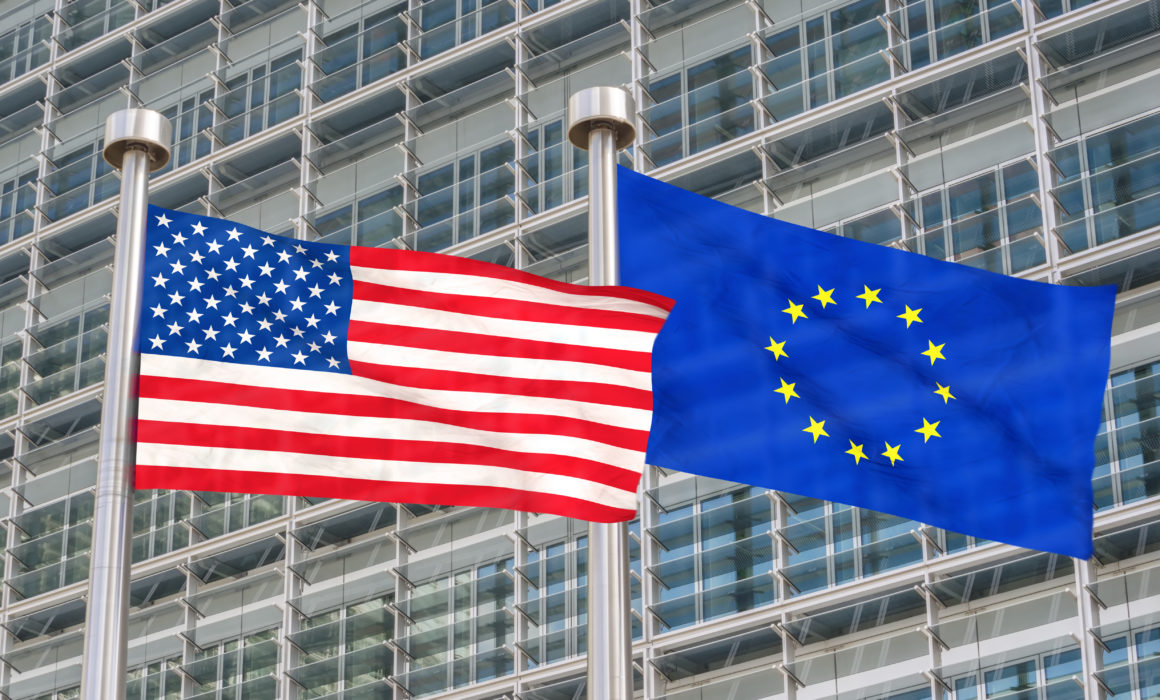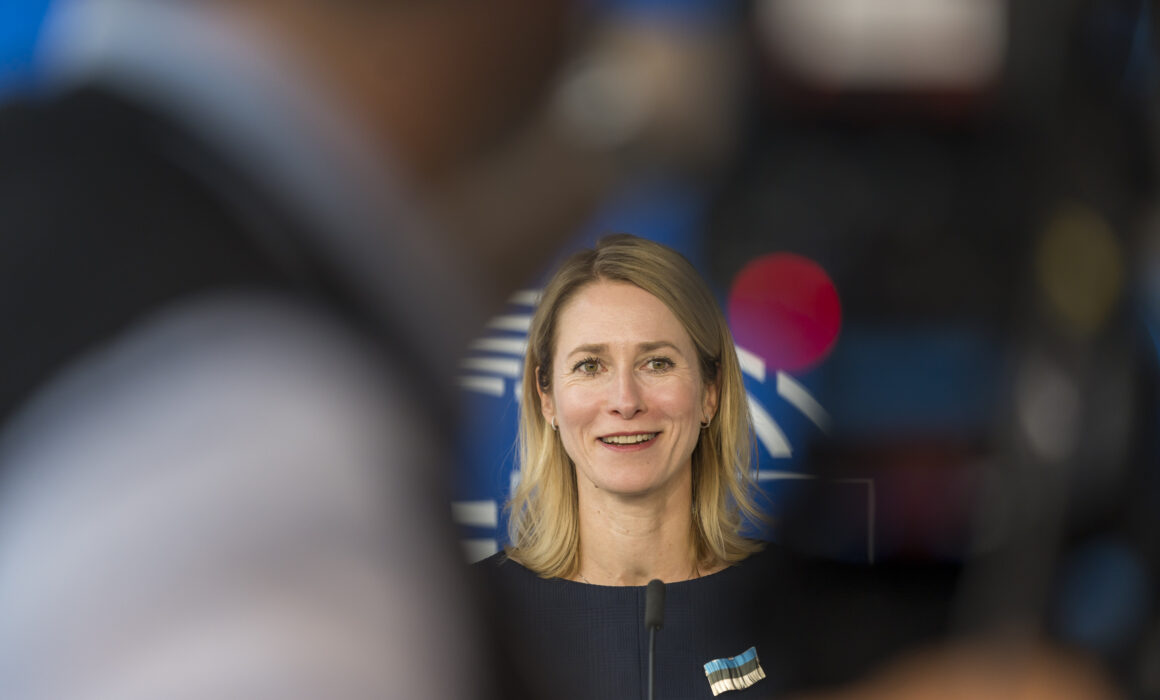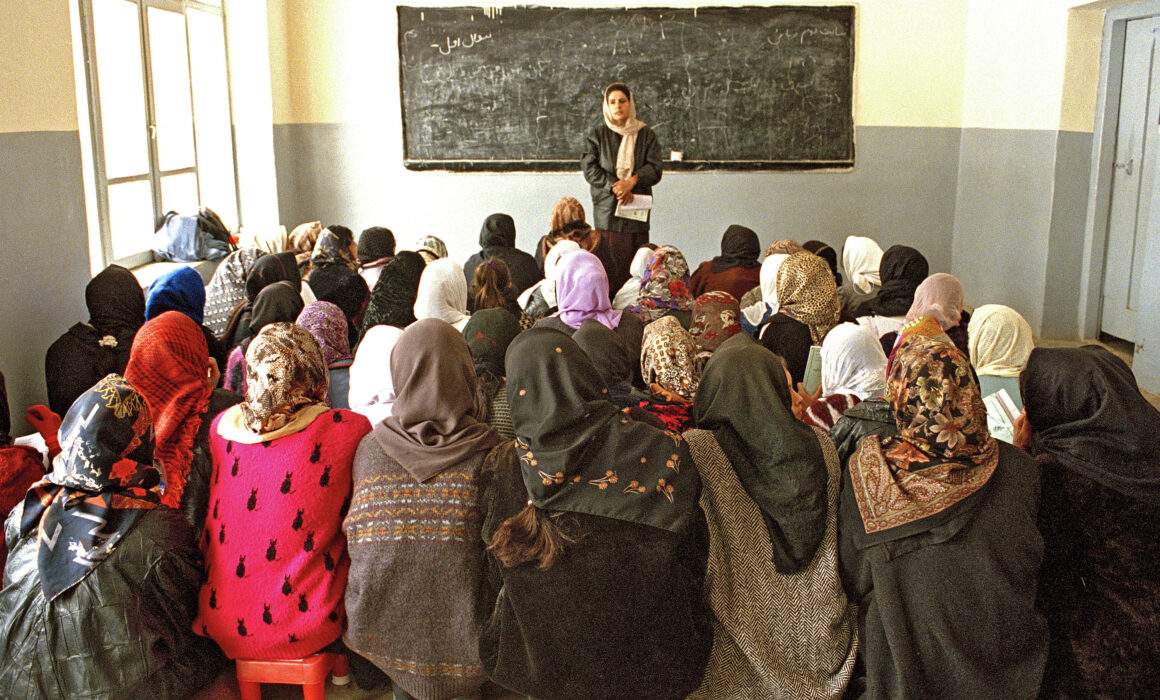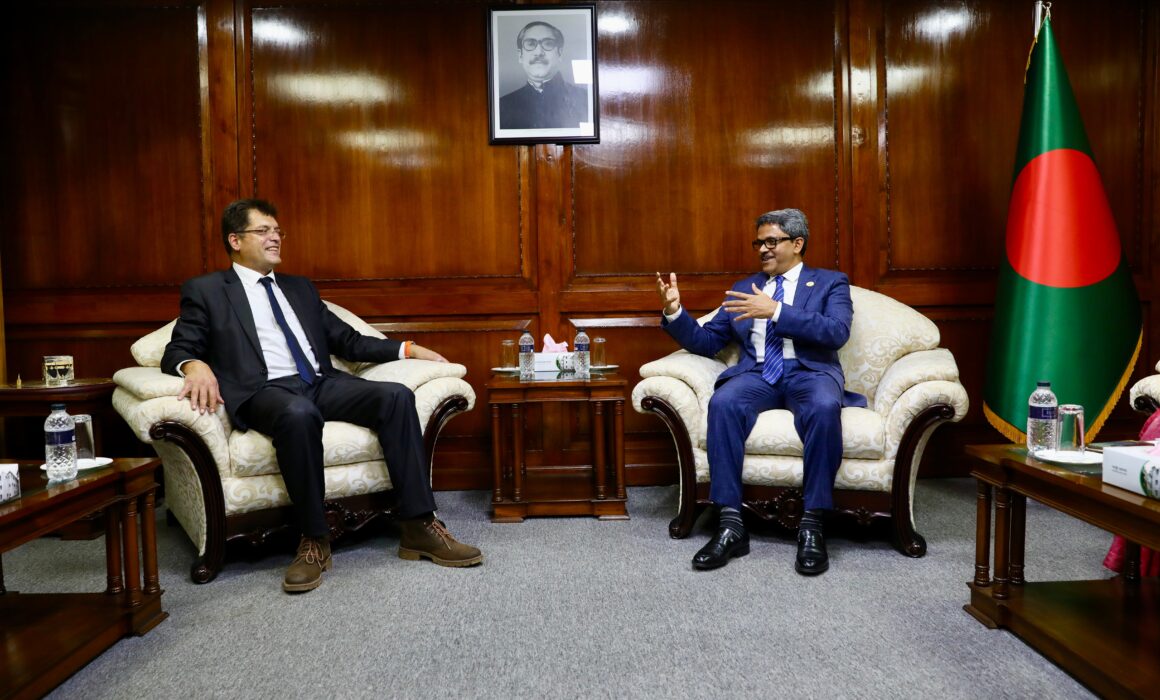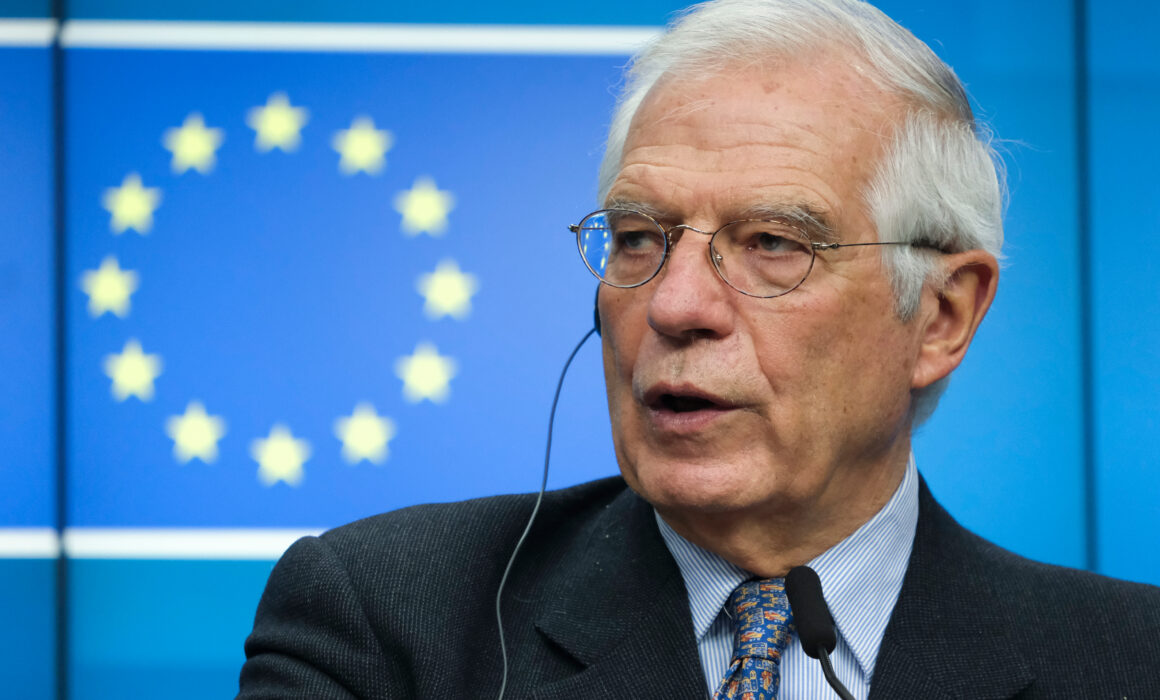Dear Mr. Borrell,
According to a report by the New York Times this week, a Swedish national who is employed by the European External Action Service was apprehended in Iran in April 2022 while on a tourist trip and has since been imprisoned there on “espionage charges.”
As far as we understand, neither the Foreign Affairs Council nor members of the European Parliament, let alone the wider European public, were informed by you or your services of this case. They learned from it from the newspaper.
While we understand the sensitive nature of the issue of EU citizens being held hostage, we do not comprehend why the European Union and you as the HRVP have not made stronger efforts to secure their release, for example by attempting to pool the resources of the 27 EU member states, by creating a dedicated hostage taskforce to coordinate any negotiations with third countries, or at the very least by defining a joint EU strategy for any such negotiations.
In light of the EU Treaty, in particular Article 24 which stipulates that in the area of the common foreign and security policy “the Member States shall work together to enhance and develop their mutual political solidarity” and “refrain from any action which is contrary to the interests of the Union or likely to impair its effectiveness as a cohesive force in international relations”, we would like to put the following six questions to you, which we believe are of the utmost interest to the European public and in particular the family members of hostages:
1. What have you been doing to secure the release of European hostages held in and by the Islamic Republic of Iran?
2. Why has the EU so far not instituted a common approach to information-sharing or defined a common strategy to secure the release of EU citizens held hostage in and by third countries?
3. Why is information regarding European hostages held in third countries not shared between EU member states?
4. If the reports are true that an EU official who works for the EEAS is being held by Iran, why did you and the EEAS not immediately change your stance vis-à-vis the Iranian regime and demand his immediate and unconditional release and that of other EU hostages before continuing any negotiations on the nuclear programme or any other important files?
5. Considering that the total trade in goods between the EU and Iran amounted to €5.2 billion in 2022, do you consider that economic sanctions should be imposed on Iran in light of the regime’s recent actions, and that the EU should pursue a policy of curbing EU-Iran trade until such time as the regime in Tehran ceases its hostile acts?
6. Iran’s foreign minister has said that a so-called ‘September Document’ has been agreed between the signatories to the JCPOA. Will the release of all EU citizens unlawfully detained in Iran, including so-called dual nationals, be part of that document?
We thank you for the attention you give to this letter and would be most grateful if you could share your answers with us at your earliest convenience.

